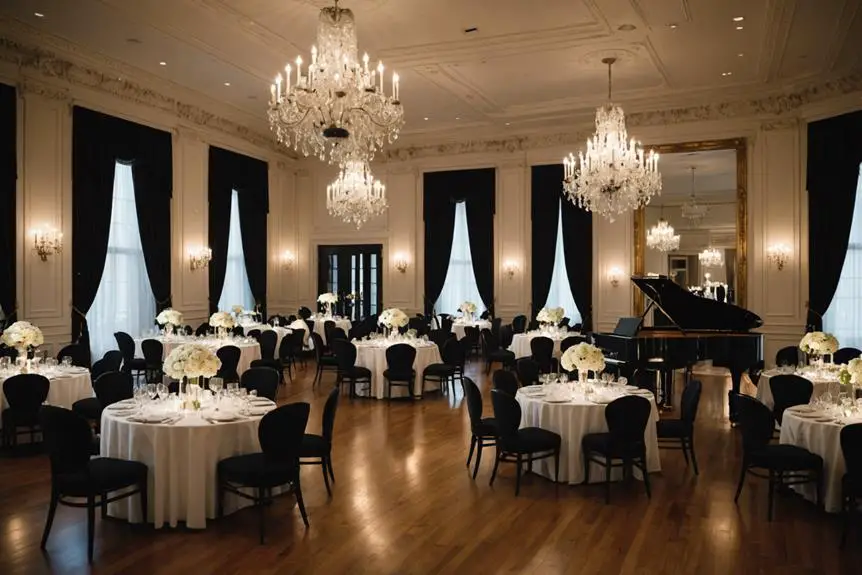Hawa Patel shares her journey toward a meaningful career in sustainable fashion, focusing on ethics and community engagement amidst industry challenges.
In an era where sustainability is becoming a focal point across various industries, the field of sustainable fashion continues to gain traction among emerging professionals. Hawa Patel, sharing her personal journey through “The Peahen,” provides insight into carving out a meaningful career in this evolving sector, which merges interests in fashion, human rights, and environmental stewardship.
Patel’s penchant for fashion and human rights issues prompted her to leave law school after feeling unfulfilled. “If I didn’t want to be an attorney, which I thought was the only path for a poli sci major, then what did I want? What did I really love?” She reflected. After some introspection, she discovered her true passion for fashion, which she pursued through writing articles for her university newspaper and designing costumes.
Her awakening to the darker realities of the fashion industry began as she learned about child labor while shopping at one of the fast fashion giants. This exposure ignited a desire in her to pursue a career that focused on bettering the industry rather than contributing to its flaws. With no industry connections, Patel turned to academia to lay the groundwork for her new path. She researched graduate programs and chose Rice University’s Master of Arts in Global Affairs, finding the broad scope of study more aligned with her interests than a traditional fashion program.
Graduating in the early days of the COVID-19 pandemic in 2020, Patel encountered a challenging job market. However, she seized freelance opportunities in sustainability and began developing a course based on her graduate thesis. Her big break came when she was approached by a major luxury retailer in the U.S., where she began working as a Supervisor of Trade Compliance. In this role, she played a pivotal part in implementing human rights due diligence and building a compliance program aimed at eliminating forced labor from the supply chain.
Currently serving as the Supervisor of Global Responsible Sourcing and Trade Compliance, Patel is at the forefront of ensuring ethical practices within her organization’s operations. “I’ve also implemented a factory social audit program and helped map the company’s supply chain from Tier 1 to Tier 4,” she noted, emphasizing the complex nature of fashion supply chains.
For those looking to enter the sustainable fashion sector, Patel emphasizes the importance of focusing on a niche within the broader field. She advises candidates to engage with communities aligned with their interests, use social media platforms like LinkedIn and Instagram to connect with professionals, and attend sustainable fashion events for networking. She describes her own experience at the Sustainable Fashion Forum where she engaged deeply with other attendees and solidified her understanding of the industry.
Patel also encourages prospective professionals to approach their “career crushes” for insights and potential networking opportunities, providing a template for outreach that prioritizes genuine interest and curiosity about their work. Job applications take on added significance in sustainability—Patel urges candidates to be diligent, patient, and proactive in showcasing their unique perspectives and informed opinions about the industry.
Continuing her engagement with the field is crucial for Patel, who suggests that maintaining and expanding one’s network, contributing to sustainability discussions, and potentially organizing local events can keep professionals informed and connected.
Through her narrative, Patel outlines not only her own path but also offers a roadmap for those aspiring to build careers in sustainable fashion. She invites individuals with similar passions to join and contribute to a community that is actively working to reshape the industry’s future.
Source: Noah Wire Services




